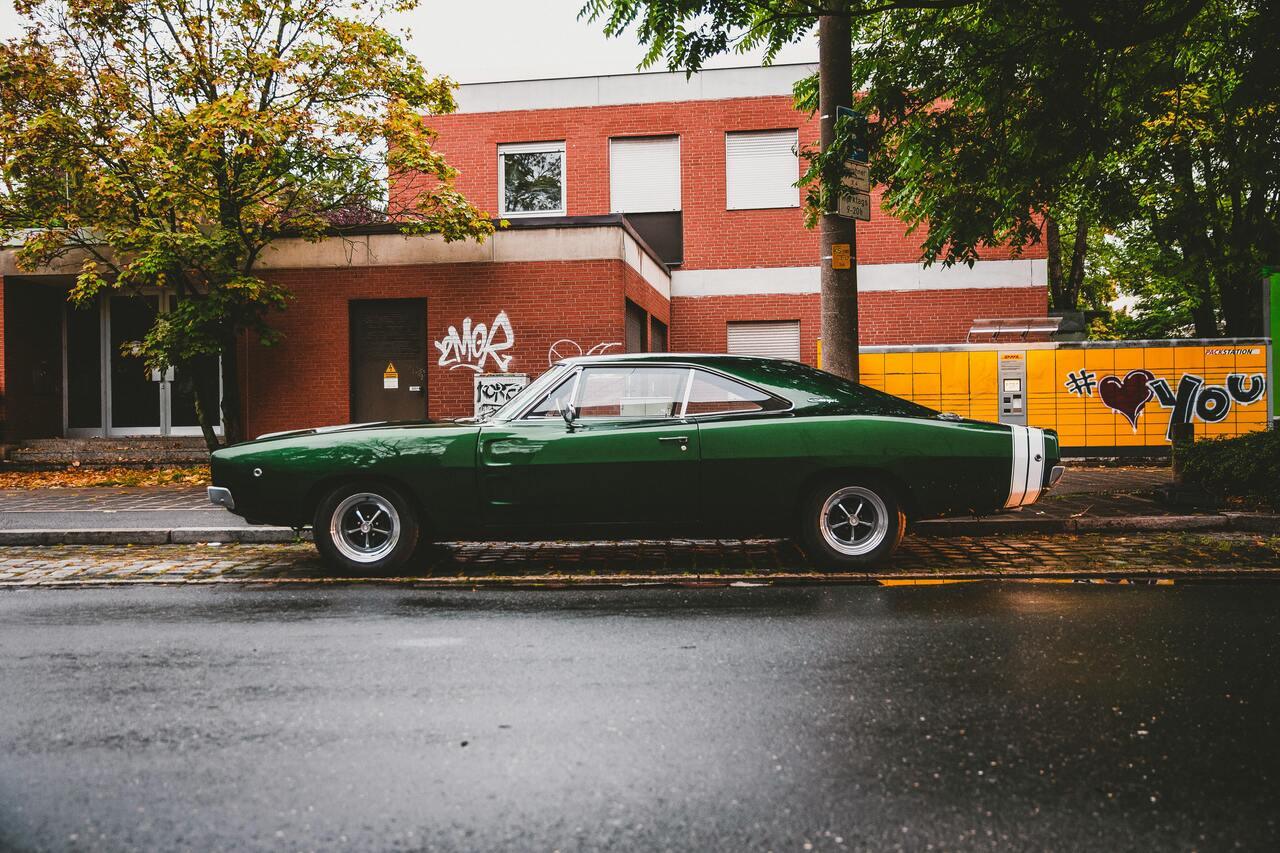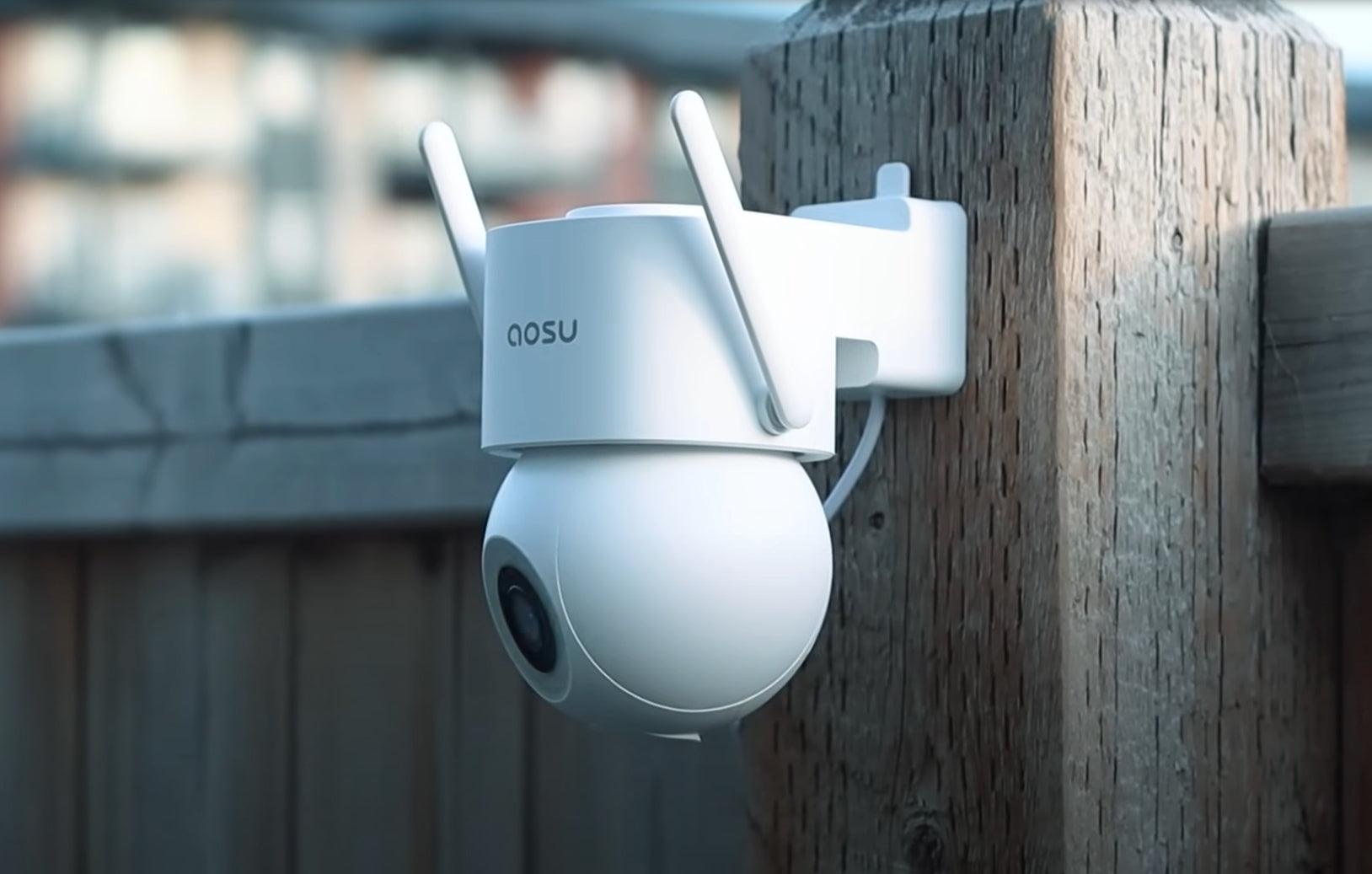How to Find a Stolen Car: What You Need to Know
There are some accidents happening in life sometimes like car missing. Therefore, knowing that how to find a stolen car may be helpful once you come across such incident. However, finding a stolen car can be a complex process, but taking the right steps can improve your chances of recovery. This post will discuss the effective ways to find a stolen car and what to do after finding your stolen car.
Ways to check whether your car is stolen
Before you take any further action to find your stolen car, it’s necessary to confirm whether your car is actually stolen in advance. Here are some methods for you.
Reconfirm Where You Last Parked
Double-check where you last parked your car. Sometimes, it may have been towed or relocated by authorities, and you simply forgot.
Check Online Databases
Use online tools provided by law enforcement or local agencies to see if your car has been reported stolen. Websites like the National Insurance Crime Bureau (NICB) offer free VIN checks for stolen vehicles.
Contact Property Management
If you parked your car in a commercial or residential parking lot, contact the property management or security office to inquire about any incidents involving your vehicle.
Call the Police Non-Emergency Line
Contact your local police department’s non-emergency number. Provide them with your vehicle details (make, model, color, license plate number) and ask if your car has been reported as towed or relocated.
Can I track my car back?
Of course yes, you can track back your stolen car using various methods and technologies, because nowadays the world has provides us with many modern and advanced methods. For example:
Technology Advancements
Advances in technology, including improved GPS capabilities, mobile app integration, and cloud-based tracking services, have enhanced the ability to track and recover stolen vehicles more effectively than in the past.
Law Enforcement Cooperation
When you report your car stolen, law enforcement agencies enter its information into databases that are accessible nationwide. Police departments use tools like license plate readers, surveillance cameras, and GPS tracking systems to locate stolen vehicles.
Public and Community Awareness
Sharing information about your stolen car on social media, community boards, and with local businesses can increase the likelihood of someone spotting the vehicle and reporting its location to authorities.
Surveillance Systems
Surveillance cameras installed in neighborhoods, parking lots, and businesses might capture footage of the stolen vehicle, providing clues about its whereabouts.
How to find your stolen car
Finding a stolen car involves using various methods and resources to locate and recover the vehicle. Here are several effective ways to find your stolen car:
-
Installed GPS Devices: If your car has a GPS tracking system installed (e.g., OnStar, LoJack), contact the service provider immediately. They can help track the real-time location of your vehicle.
-
Smartphone Apps: Some GPS tracking services offer mobile apps that allow you to monitor and track your vehicle’s location from your smartphone or computer.
-
File a Police Report: As soon as you discover your car is stolen, contact the police and file a detailed report. Provide them with information such as the make, model, color, VIN (Vehicle Identification Number), license plate number, and any distinguishing features.
-
Collaborate with Police: Work closely with law enforcement, providing any updates or new information you discover. They have access to databases and resources to aid in vehicle recovery efforts.
-
Classified Ads: Check online marketplaces and classified ads (e.g., Craigslist, Facebook Marketplace) for listings that match your stolen vehicle's description. Thieves may attempt to sell the car or its parts online.
-
Social Media: Share information about your stolen car on social media platforms, including details and photos. Ask friends, family, and community members to share the information to reach a wider audience.
-
Check Local Tow Companies and Impound Lots: Sometimes stolen vehicles are abandoned and later towed by authorities or private tow companies. Contact local towing companies and impound lots to check if your vehicle has been recovered.
-
Community Outreach: Spread the word about the theft within your community. Post flyers or notices in local businesses, community boards, and public places. Ask neighbors to keep an eye out for your stolen vehicle.
-
Private Investigation Services: In some cases, hiring a private investigator with experience in vehicle recovery may be an option. They can provide additional resources and expertise to assist in locating your car.
-
Review Surveillance Footage: If your car was stolen from a location with surveillance cameras (e.g., home security cameras, businesses, parking lots), review the footage for any clues or sightings related to the theft.
-
Stay Persistent and Patient: Recovering a stolen car can be a lengthy process. Stay persistent in your efforts, regularly follow up with authorities and resources, and remain patient during the investigation.
What should you do after finding your stolen car?
If you have located your stolen car, it's crucial to handle the situation carefully and follow the appropriate steps to ensure your safety and the successful recovery of your vehicle. Here’ s what you should do:
-
Do Not Approach Alone: Contact the police immediately and inform them of the location where you have found your stolen car. Do not attempt to approach or recover the vehicle on your own, as this can be dangerous.
-
Provide Location Details: Provide the police with the specific address or location coordinates where you have spotted your stolen car. This information will help them dispatch officers to the scene promptly.
-
Wait for Law Enforcement: Law enforcement officers are trained to handle situations involving stolen vehicles. They will coordinate the recovery and ensure the safety of everyone involved. Wait for them to arrive and follow their instructions.
-
Document and Observe Safely: While waiting for the police, if it is safe to do so, you can observe the vehicle discreetly from a distance. Take note of any individuals around the car or suspicious activities without putting yourself at risk.
-
Cooperate with Law Enforcement: When the police arrive, provide them with any additional information you have about the theft or the location where you found the car. Cooperate fully with their instructions and requests.
-
Secure Your Car: Once the police have recovered your stolen car, they will process it for evidence if needed. Make sure to retrieve your vehicle and secure it properly to prevent future incidents.
-
Inform Your Insurance Company: Contact your insurance company to inform them that your stolen car has been recovered. They may need updates on the condition of the vehicle and any damages incurred during the theft.
-
Follow Up: Follow up with the police and your insurance company to ensure all necessary steps are taken for the resolution of the theft case. Keep records of all communications and documentation related to the recovery process.
Conclusion
Generally speaking, many of us may be nervous when get stuck in car missing, without knowing how to find a stolen car. Actually finding a stolen car requires prompt action, collaboration with law enforcement, and the use of available resources and technology. By leveraging these methods, you increase your chances of recovering your stolen car and minimizing potential damages. It's important to prioritize safety and let law enforcement professionals handle the recovery of your stolen car. Acting quickly, providing accurate information to the police, and cooperating fully will increase the chances of a successful recovery without putting yourself in harm's way.










Leave a comment
This site is protected by hCaptcha and the hCaptcha Privacy Policy and Terms of Service apply.